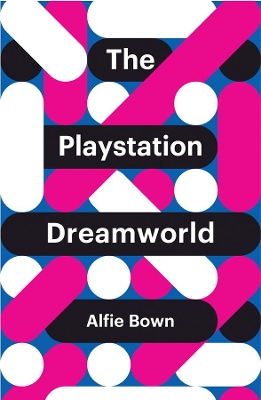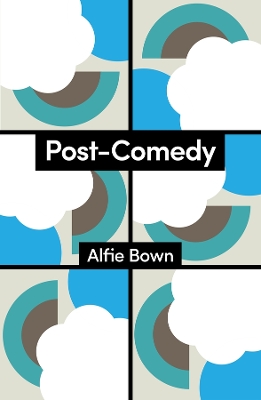Theory Redux
2 total works
From mobile phones to consoles, tablets and PCs, we are now a generation of gamers. The PlayStation Dreamworld is – to borrow a phrase from Slavoj Zizek – the pervert's guide to videogames. It argues that we can only understand the world of videogames via Lacanian dream analysis. It also argues that the Left needs to work inside this dreamspace – a powerful arena for constructing our desires – or else the dreamworld will fall entirely into the hands of dominant and reactionary forces.
While cyberspace is increasingly dominated by corporate organization, gaming, at its most subversive, can nevertheless produce radical forms of enjoyment which threaten the capitalist norms that are created and endlessly repeated in our daily relationships with mobile phones, videogames, computers and other forms of technological entertainment. Far from being a book solely for dedicated gamers, this book dissects the structure of our relationships to all technological entertainment at a time when entertainment has become ubiquitous. We can no longer escape our fantasies but rather live inside their digital reality.
Now, comedy is characterized by edgy humour and misplaced jokes that provoke personal and social anxiety, causing divisive cultural warfare in the media and among people. Our comedy is fraught with tension like never before, and so too is our social life. We often hear the claim that no one can take a joke anymore. But what if we really can’t take jokes anymore?
This book argues that the spirit of comedy is the first step in the building of society, but that it has been lost in the era of divisive identity politics. Comedy flares up debates about censorship, cancellation, progressivism and even fascism, keeping us divided from each other in a particularist mode of thinking that prevents us from building community. This cuts against the true universalist spirit of comedy, which is becoming a thing of the past and must be recovered.

